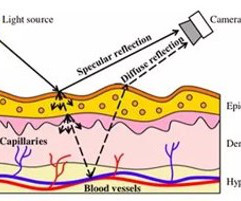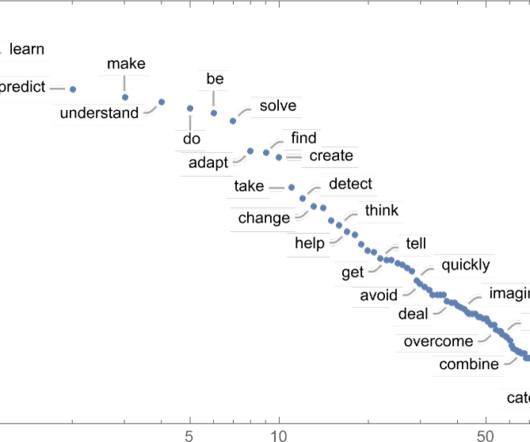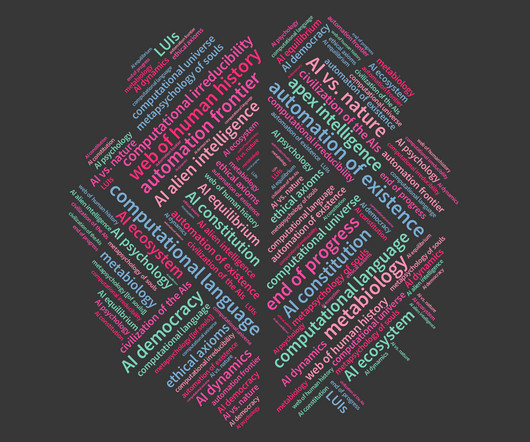AI in Higher Ed: Using What We Already Know About Good Teaching Practices
ED Surge
OCTOBER 13, 2023
We learned what we could from the books we had access to and memorized facts to regurgitate on tests. This was the epitome of knowledge and learning before the internet became widely available. Telling a student to go to the library to access a physical copy of something is the outlier instead of the norm.












Let's personalize your content